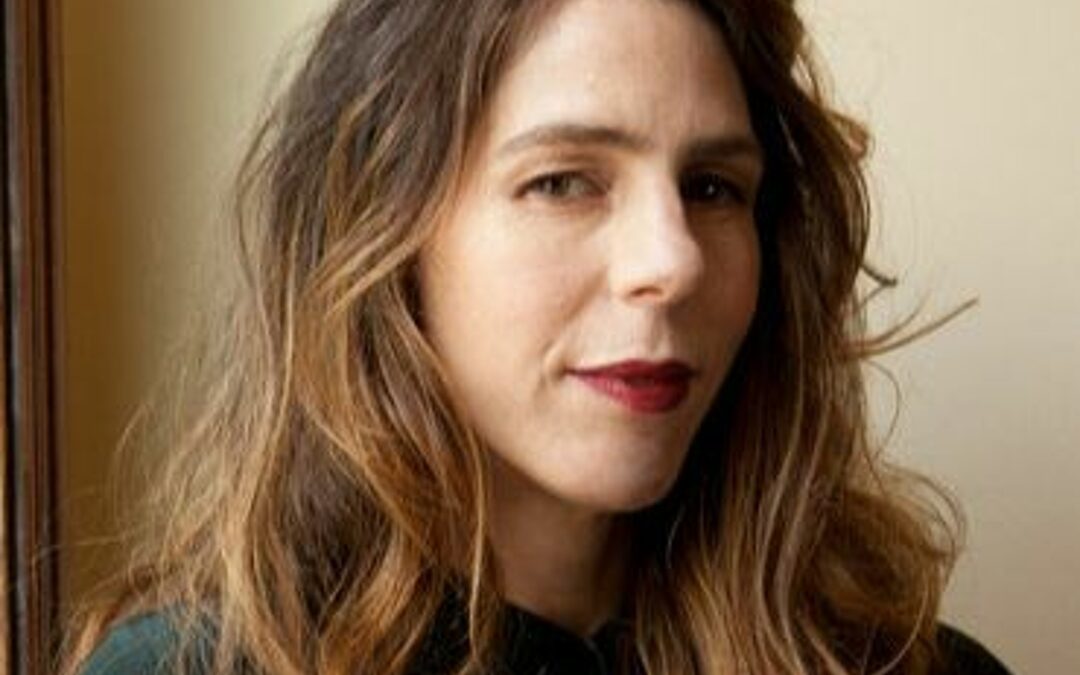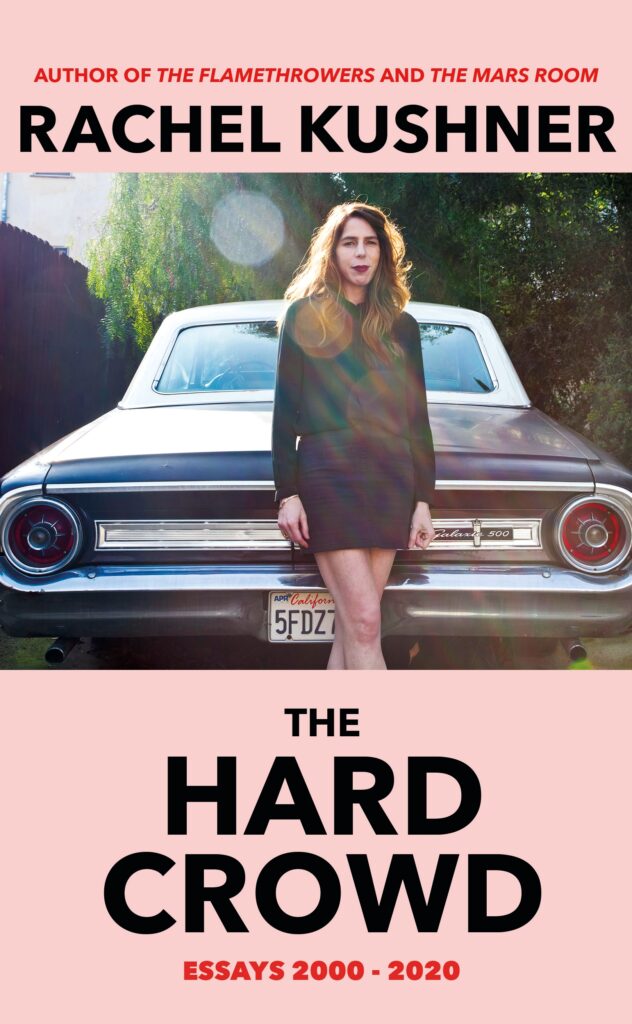My review of Rachel Kushner’s book of essays, The Hard Crowd, was published in last Saturday’s Arts Section of the Irish Examiner. Here it is:
THE title derives from lyrics of a Cream song, White Room: ‘At the party she was kindness in the hard crowd.’ It was released in 1968, the year Kushner was born. She grew up immersed in the subculture of her parents’ generation, that era between the beatniks and hippies, with their progressive values and mores, their world view informed by the Vietnam War and the Civil Rights Movement – even though she self-deprecatingly, and perhaps guiltily, and unconvincingly, confesses to being a ‘bourgeois’.
A bourgeois who can write fluently about workers, factory conditions, capitalism, Cuba, Palestine, Italy’s Brigate Rosse (the defunct Red Brigades) as well as literature and the avant-garde in art and photography.
She was a tearaway, a hooligan and thief, a barmaid, a good-time girl (‘We partied with strangers, which is what I spent a lot of my youth doing’), took drugs, participated in illegal rides in which many friends died (she survived a 130mph motorcycle crash), hung out in sleazy and dark places, but was always independent, self-reliant, confident – and, of course, educated and talented.
Her eureka moment came after she watched PJ Harvey in a small hotel room among friends play into the early hours, having just come off stage in a stadium where she had performed before thousands. Harvey had this ‘otherworldly glow’ and just wanted to keep on playing out of love for her vocation. The message Kushner took from this was, ‘to be truly good at something is the very highest joy… Just after that, I quit my job and changed my life.’
She became an award-winning writer, including the author of two novels (which she discusses here). Above all, as this selection of her non-fiction demonstrates, she is driven by humanity and an intense interest in people, from intimates, to friends, to junkies, prostitutes and johns: ‘watching myself and other people, absorbing the events of their lives and mine.’
She rescues from obscurity a gallery of minor poets, writers, photographers, cinematographers, painters and actors, including the tragic story from Italy of Anna, a 16-year-old homeless drug-addict who was eight months pregnant in 1972, one of the emarginati, taken in by an underground filmmaker, who exploits her and documents her life. Whatever happened to Anna, she wonders, who abandoned her baby and vanished without trace.
She visits the Shuafat Refugee Camp in East Jerusalem to witness how Palestinians live under the obscenity of Israeli occupation, their shacks raided, Israeli soldiers repeatedly knocking down the only shopping mall, which the owner rebuilds, the children who have had their eyes shot out by so-called sponge bullets. She is shepherded around by Baha Nababta, the informal mayor, who does his best to improve services and basic amenities. He was shot dead by unknown assailants two weeks after her visit.
Her provocative essay, ‘Is Prison Necessary’, states that black and brown people make up the vast majority of the US’s two million prison population. While blacks make up 12 percent of the general population they make up 33 percent of those in jail. Her piece is a rallying cry for society to face up to the inequities behind these racist gulags.
Not all the essays are despondent. The book is certainly centred in and dominated by stories of Americana, and her travels across the vastness of that northern continent which somehow hangs together.
She tells the story of Van Morrison being invited to a party given in his honour, after his gig. He showed up very late, in the rain, was mistaken for a hobo and not invited in!
My two favourite essays are on the Brazilian writer Clarice Lispector and France’s marvellous Marguerite Duras. She, as Kushner points out at length, pronounced her surname Durass (the correct, if unrefined way!). She also quotes Durass on the battle of the sexes and the division of labour: ‘a man thinks he’s a hero if he goes out and buys a couple of potatoes.’
There is a great story of her car breaking down and two truckers coming to her aid. One of them drives (twice) to a garage sixty miles away until he gets the right part for her engine. The other, who is a mechanic, allows her to sleep in his cab and won’t accept payment for his labour because he has a daughter ‘her age’. Kushner says: ‘You do things sometimes for a stranger. You simply do them.’ And, as she crosses into California the next day she spots six or seven young boys hitchhiking. She stops, reverses and, regardless of potential risks, picks them up and happily delivers them to wherever they want to go. To quote the Beatles: ‘And in the end, the love you take, is equal to the love you make.’
In the end Kushner worries that looking back across the landscape of her life and talking so much about her own life, ‘not only can’t matter to you, it might bore you.’
Never, never, never. A good writer can write eloquently about anything and make it interesting. And Kushner is one good writer.



